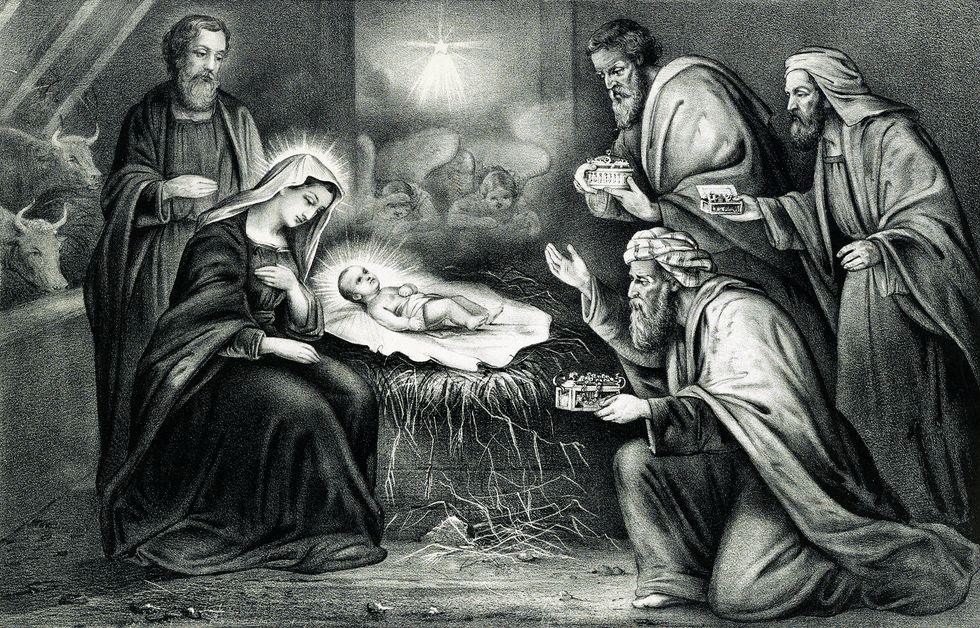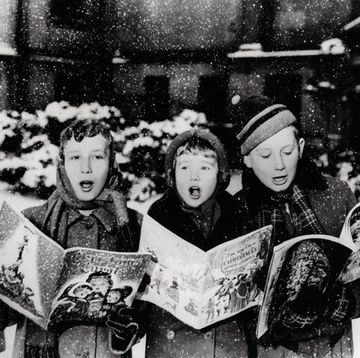With the heat of summer in the rearview, we're are pretty eager to cue up our best Christmas playlists and get to posting on our social media pages (complete with Christmas Bible verses, of course). But all this holiday spirit had us wondering: Why exactly do we celebrate Christmas in December?
With the ever-earlier displays of holiday cheer in store windows and advertising, you couldn't be faulted for wondering why we celebrate Christmas when we do. In fact, some brands, like Nordstrom, have dared to buck this trend in recent years, announcing that they won't "deck the halls" of Nordstrom stores until after Thanksgiving has passed.
Even so, plenty of places flood their shelves and walkways with holly-jolly spirit as early as October, tempting us to break out our holiday decorations—we admit it—really, really early. Which got us thinking about the origins of why we celebrate Christmas when we do. Curious? Read on!
Why is Christmas celebrated on December 25?
There is still debate about why Christmas falls on December 25. Two theories seem to have prevailed: one involving the calculating of Jesus's death at Passover and one postulating that the date's history aligns with pagan festivities. We can't be entirely sure which is correct, but we do know that many modern-day Christmas traditions have their roots in pagan festivities, and Christmas seems to be one of them.
Even before Christianity, human beings celebrated the winter solstice and return of light-filled days after long, cold months. Romans had Saturnalia in honor of the god of agriculture, Saturn, and Juvenalia was honored on December 25 for the infant god, Mithra. But during early Christianity, Easter was the most important holiday. Jesus Christ's birthday—for which there is no exact date given in the Bible but was then thought to have taken place on January 6—was not celebrated. Thus, both dates were recognized at first—December 25 as a pagan holiday and January 6 as a Christian one.
All of that changed in the 4th century, when Pope Julius I selected December 25 as the official date Christians would celebrate Jesus's birth. (Though the reasons are debated, the belief is that this date was chosen in order to increase the likelihood that the celebration would be embraced by the masses and overtake pagan traditions already celebrated during this time.) By the end of the sixth century, the holiday was widely celebrated in England and Germany as well, and it continued to spread around the globe in the following centuries.
Eventually, Christ's birth would be celebrated on December 25; January 6 would become known as the Feast of the Epiphany, commemorating the arrival of the wise men in Bethlehem; and the period between both dates would become the holiday season we now call the 12 days of Christmas.













